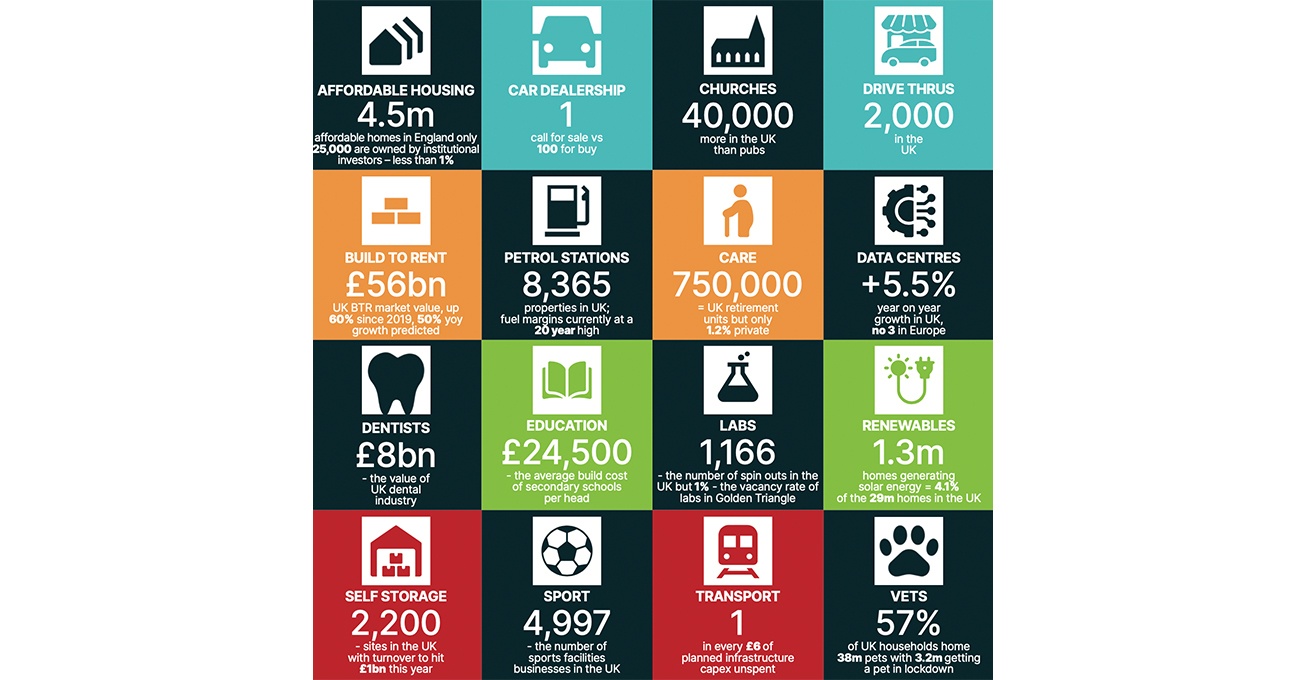
Photo Credit: Shutterstock
The Turkish lira (TRY) has been an extremely volatile currency in recent years and as of early May 2022 the exchange rate stood at more than 18 TRY to one British pound (GBP). The country has long been a popular holiday destination and overseas tourists are now getting even more for their money due to such a favourable exchange rate.
But the news is less positive for Turkish residents, who are being forced to deal with rising rates of inflation as those in power attempt to save the country from spiralling even further into an economic crisis. But what are the root causes of these problems, how have the government responded and what does it all mean for forex traders and investors?
Read on to find out more.
Why is the value of the Turkish lira dropping?
Turkey’s economic issues were initially a result of the country’s huge current account deficit. This, combined with a significant amount of private foreign-currency denominated debt, contributed to a major downturn around 2018 – the effects of which are still being felt to this day. There were signs of a recovery of sorts but then the coronavirus pandemic hit and, like other nations all over the world, the consequences were enormous. Now, Turkey is facing surging inflation rates while it’s becoming increasingly expensive for the average citizen to access any credit facilities.
How has the Turkish government responded?
It has been a controversial year for Turkish President Recep Tayyip Erdogan. The accepted wisdom among many experts is to combat rising inflation by introducing higher interest rates. However, the Turkish government has decided against this approach and has instead opted to keep rates low, while he has also sacked three central bank presidents in recent years.
Back in November 2021, Erdogan told fellow members of the Justice and Development Party of which he is chairman that “we will lift this scourge of interest rates from people’s backs. We certainly cannot allow our people to be crushed by interest rates. I cannot and will not stand on this path with those who defend interest rates.”
But the Turkish central bank’s policy is having a direct impact on people. The cost of living continues to rise while businesses are being hit by greater expenses when it comes to importing the goods they need for their produce.
How could this impact forex investors?
With the lira so weak against key currencies like the US dollar, the euro and the pound, it could prompt forex traders to cut their losses rather than wait for a recovery which could be a long time in coming. Central bank data from towards the end of 2021 showed that purchases of foreign currency from Turkish residents were starting to rise and that trend could continue if the country’s economic crisis does not show signs of a turnaround.






